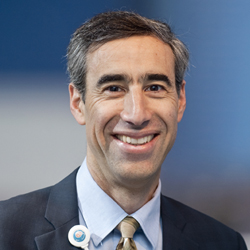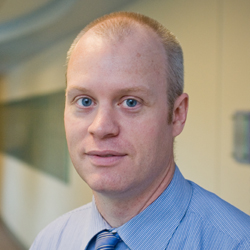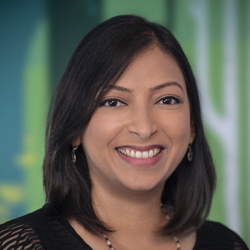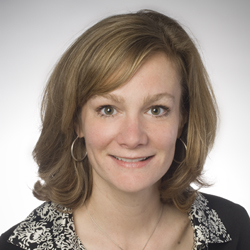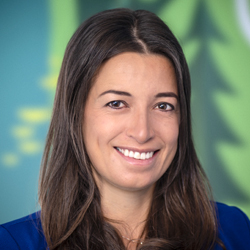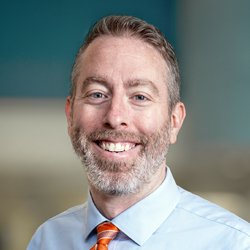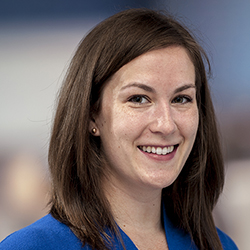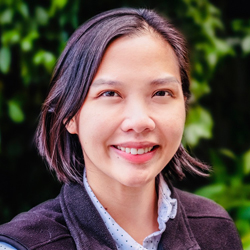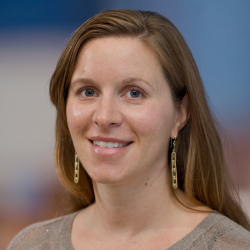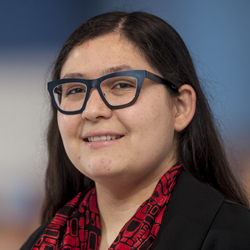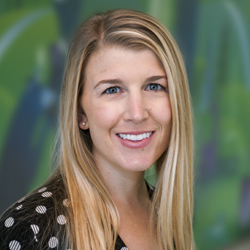Neuromuscular Program
What is the Neuromuscular Program?
The Neuromuscular Program brings together a team of experts to evaluate and treat babies, children and teens with muscle or nerve problems that cause weakness. We provide care for conditions such as myotonic muscular dystrophy, spinal muscular atrophy, Charcot-Marie-Tooth disease and Duchenne muscular dystrophy.
Our focus is on understanding your child’s unique needs and improving their function, overall health and quality of life.
How will the Neuromuscular Program meet my child’s needs?
Seattle Children’s offers the most comprehensive care in the Pacific Northwest for children with neuromuscular conditions.
-
Team-based evaluation and treatment
- To care for your whole child, we hold regular half-day and full-day clinics so your child sees their entire team in a single day.
- You and your child may stay in one exam room to make the clinic visit easier for you, with team members coming in and out.
- Doctors, nurse practitioners and therapists from Rehabilitation Medicine, Neurology, Pulmonary and Sleep Medicineand, if needed, Endocrinology and the Heart Center will see your child at the clinic.
- A dietitian, genetic counselor and social worker are also on the clinic team to support your child and family.
- Our experts talk with each other and with you to plan and provide all types of care your child needs.
- If your child has not been diagnosed with a neuromuscular condition and needs evaluation, we have a separate clinic to focus only on this.
-
Complete care that meets the highest standards
- Seattle Children’s is a Muscular Dystrophy Association MDA Care Center and a Certified Duchenne Care Center by Parent Project Muscular Dystrophy, so you know your child always receives the highest quality of care here.
- Each child we treat is unique. Your child’s treatment plan will be custom-made for them based on how their disease affects their health, function and comfort.
- Many neuromuscular conditions get worse over time. As your child’s needs change, so will their treatment. Anytime your child needs experts from other areas of Seattle Children’s, we will involve them.
- We strive to do everything we can for your child at each visit so that your family can avoid extra trips and enjoy life at home with fewer disruptions.
- We’re here whenever you need us – including if your child needs care between your regular clinic visits with your whole Neuromuscular Program team.
-
Research to improve outcomes
- Our active clinical trials program means your child may have the chance to receive promising new therapies by taking part in research that matches their specific situation.
- Seattle Children’s doctors and scientists were involved in clinical trials that led to the approval of eteplirsen (Exondys 51) for Duchenne muscular dystrophy, as well as a trial for nusinersen (Spinraza), approved for spinal muscular atrophy.
- To learn more about neuromuscular research at Seattle Children’s, email us.
Conditions We Treat
- Becker muscular dystrophy
- Charcot-Marie-Tooth disease
- Congenital muscular dystrophy
- Congenital myopathy
- Duchenne muscular dystrophy
- Facioscapulohumeral muscular dystrophy
- Friedreich’s ataxia
- Limb-girdle muscular dystrophy
- Myotonic muscular dystrophy
- Peripheral neuropathy
- Spinal muscular atrophy
What services do we offer?
- Information about your child’s condition, including the outlook, current treatments, new therapies being developed, resources, support and how the condition may be passed down families
- Medicines to help manage your child’s condition, relieve their symptoms and prevent or treat complications
- Physical therapy, occupational therapy and home exercises to improve your child’s strength, movement and ability to do tasks by themselves and to help them adapt to changes
- Orthotics and bracing to support your child’s body or help them move
- Equipment, such as a wheelchair, to help your child be active and independent
- Surgery to release tight muscles and joints (contractures) or to treat severe scoliosis
- Devices to help your child breath (bilevel positive airway pressure, Bi-PAP) or clear their airways (cough-assist machine) if their neuromuscular condition affects their lungs or breathing
- Sleep study to evaluate your child’s breathing while they sleep
- Echocardiography to check whether your child’s neuromuscular condition affects their heart muscle, as well as treatment for heart problems
- Nutrition recommendations to support your child’s muscle strength, bones, digestion and overall health
Read more about Duchenne muscular dystrophy treatment at Seattle Children’s.
Scheduling an Appointment With the Neuromuscular Program
- If you would like a referral to the Neuromuscular Program, talk to your primary care provider. If you have a referral, please call Rehabilitation Medicine at 206-987-6678 to schedule an appointment.
- How to schedule an appointment at Seattle Children’s.
- If you already have an appointment, learn more about how to prepare.
- Learn about Rehabilitation Medicine resources such as useful links, videos and recommended reading for you and your family.
Telemedicine at Seattle Children’s
You may be offered a telehealth (virtual) appointment. Learn more.
Who’s on the team?
Doctors, nurses and therapists from Rehabilitation Medicine, Endocrinology, Neurology, Pulmonary and Sleep Medicine and the Heart Center see your child in the Neuromuscular Program.
We also have a dietitian, genetic counselor and social worker on the team, and we involve specialists from other areas of Seattle Children’s if your child needs them.
Providers in the program include:
Teams
Pulmonologists
Contact Us
- For more information, contact Rehabilitation Medicine at 206-987-6678. If you would like an appointment, ask your child’s primary care provider for a referral.
- Providers, see how to refer a patient.
Paying for Care
Learn about paying for care at Seattle Children’s, including insurance coverage, billing and financial assistance.
Access Additional Resources
Get resources for patients and families, including information on food, housing, transportation, financial assistance, mental health and more.
